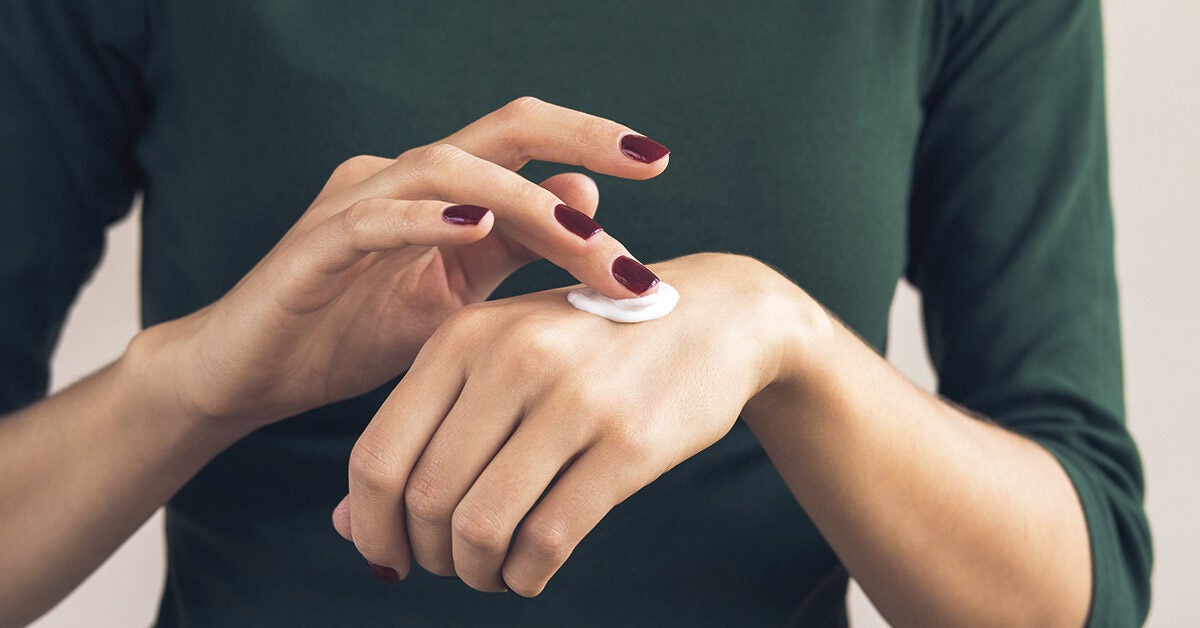From Records to Runways: The Art of Vinyl Cutting in Fashion Design

The fashion design market is vast, and IBISWorld data shows it is worth $3 billion. Vinyl cutting is a part of this massive market. It is a technique used in fashion design to create patterns and shapes.
The process involves drawing designs on paper and transferring them onto vinyl material using a vinyl cutter machine. Vinyl cutters are popular because they offer a wide range of features, including producing high-quality cuts with precision and accuracy.
The Use of Vinyl in the Fashion Industry
Vinyl is a popular material for fashion designers and manufacturers. It’s used in clothing, accessories, shoes, bags, and jewelry. Vinyl is often seen on the runway, and the red carpet at award shows such as the Grammys or Oscars.
It’s also used in commercial clothing lines such as Calvin Klein or Tommy Hilfiger. Calvin Klein made $3.7 billion worldwide in 2021, and vinyl clothing was also a part of their lineup.
Vinyl is easy to work with because it can be cut into different shapes using vinyl cutting machines that create designs from sheets of acrylic material with a laser beam. These designs are applied directly onto clothing using heat presses that fuse them onto fabric without damaging either.
In fact, vinyl has recently been all over the fashion industry. Several celebrities have worn vinyl clothing on multiple occasions. For instance, Kylie Jenner wore a black vinyl mini-dress for a date with Travis Scott. Likewise, even Kim Kardashian was seen wearing a black vinyl dress recently.
The Influence of Vinyl Cutting on Fashion Design
Vinyl cutting is a process that allows designers to create their designs using vector graphics software. Vinyl cutting has been around for decades, but it’s only recently that fashion designers have used this technique as part of their creative process.
Artists and graphic designers have always used vinyl cutting to create new artwork and designs. However, in the past few years, there’s also been an influx of clothing brands turning to it.
It’s easy to see why; vinyl cutting allows you complete control over every aspect of your design, from color choices down to specific garment details like pockets or buttons, which makes it an ideal method when working with custom garments like t-shirts or hoodies. It also allows you flexibility when creating multiple iterations at once.
How to Ensure Precise Cutting of Vinyl Materials
There are many things to consider to ensure precise vinyl cutting. However, there are some ways to improve it. Here are some tips to help ensure the accurate cutting of vinyl materials.
Choose the Right Tools
You will want to use the right tools to cut your design accurately. There are three main types of vinyl-cutting machines:
- Vinyl plotters use a pen or stylus to draw designs on paper. They can be used for both manual and computerized cutting operations. Vinyl-cutting plotters cost between $200 and $2000, which yields good results.
- Vinyl cutters with integrated plotters are similar in function to regular vinyl plotters but also have an integrated cutter built into them, so you don’t need two separate machines.
- Full-fledged vinyl plotter/cutter combos combine the functions of both types listed above into one compact package.
Vinyl cutters are the best options for getting the perfect cut while ensuring they are easy on your pocket. There are many vinyl cutter options you have, and one of them is Vinyl Express R31 cutters. The R31 cutters are usually praised for their user-friendly simplicity. In fact, most users say they don’t even require a user manual to use R31.
Vinyl cutters are usually used with cutting strips, another crucial piece of equipment for precise cutting. Per SIGNWarehouse, a cutter strip allows for straight and accurate cutting, making them essential to good finishes. The company states that worn cutting strips can cause inconsistent and unclean cuts that can impact the final product.
Use the Right Settings
Vinyl cutting is a delicate process that requires careful attention to detail. Here are some common settings you can use to ensure a precise cut:
- Speed: The speed of your vinyl cutter should be set at a low setting, between 10 and 20 inches per second (IPS). If it’s too fast, the blade may skip or skip over parts of your design.
- Pressure: Use moderate pressure when cutting with your vinyl cutter. Applying too much pressure could distort your design or damage the blade itself. If this happens often enough, it could lead to premature replacement costs.
- Blade Count: The number of blades matters when cutting through thin materials like vinyl because having fewer blades means less friction and, thus, smoother cuts. However, there’s an upper limit on how many blades should be used before they start causing problems themselves. If used properly with regular maintenance, the blades can cut 500 to 1000 yards of vinyl.
Prepare the Vinyl Material
To ensure that your vinyl material is cut precisely and accurately, it’s essential to use the right tools. A cutting mat can prevent slippage of your vinyl as you’re working with it. The size of your mat will depend on how large a piece of vinyl you have, but generally speaking, they’re usually around 12 inches by 18 inches (30 cm x 45 cm).
A cutting ruler is also paramount because it helps measure the size of your material before cutting begins important if multiple layers are involved. The last step in preparing for precise cuts is using a blade or wheeled tool that can easily slice through thick layers without damaging them.
For example, a cutting knife has sharp blades on both sides, so users don’t need two separate tools when working with different materials like metal versus fabric. However, these blades aren’t very sharp, so they’re not ideal for delicate projects like paper crafting.
Monitor the Cutting Process
Monitoring the cutting process is essential for producing high-quality vinyl material. You must clearly understand how each machine works to monitor the cutting process and ensure precise vinyl material cuts. This will allow you to identify and fix any problems before they become significant.
In addition to monitoring your machines, it’s also crucial that you understand how they work to maximize their potential efficiency.
Clean the Blade Regularly
The vinyl cutter’s blade is a vital part of the machine. It’s responsible for cutting out your designs, so you must always keep it clean and sharp.
Simply use a wet rag to remove debris from your vinyl sheets before placing them in the machine. You should also clean off the blade after every few cuts so it doesn’t become dull or damaged by excess waste products on its surface.
The Future of Vinyl Cutting in Fashion
Vinyl cutting is a great way to create unique designs and will continue to be used in the fashion industry. Vinyl cutting allows designers to experiment with new shapes, patterns, and textures that would otherwise be difficult or impossible to produce.
Vinyl cutting also helps designers create more sustainable clothing using recycled materials like plastic bags or old T-shirts instead of virgin fabric from natural fibers such as cotton or wool.
Conclusion
In conclusion, vinyl cutting is an essential tool for the fashion industry. It allows designers to create new designs quickly and efficiently. Vinyl cutting has existed for many years but still evolves as technology improves. The continued use of this technique will surely lead us to an exciting future in fashion design.
Recent Posts
 What are Some Common Mistakes to Avoid While Trimming Your Beard?
What are Some Common Mistakes to Avoid While Trimming Your Beard? A Guide to Updating Your Skincare Routine for Summer
A Guide to Updating Your Skincare Routine for Summer 5 Things To Keep In Mind When Ordering From A China Hair Factory
5 Things To Keep In Mind When Ordering From A China Hair Factory Why Moisturising Your Hands Is So Important?
Why Moisturising Your Hands Is So Important? What Is Your Curl Pattern Type, And How Do You Deal With It?
What Is Your Curl Pattern Type, And How Do You Deal With It? Dermal Fillers: What Are Dermal Fillers, How Are They Used, And Who Uses Them?
Dermal Fillers: What Are Dermal Fillers, How Are They Used, And Who Uses Them? How Filorga Optim Eyes Works
How Filorga Optim Eyes Works Reverse Balayage: A Low Maintenance Cost For Beauty in Winter
Reverse Balayage: A Low Maintenance Cost For Beauty in Winter Shape the Brows with efficient Eyebrows Tinting
Shape the Brows with efficient Eyebrows Tinting Different Types of Hair Extensions
Different Types of Hair Extensions
